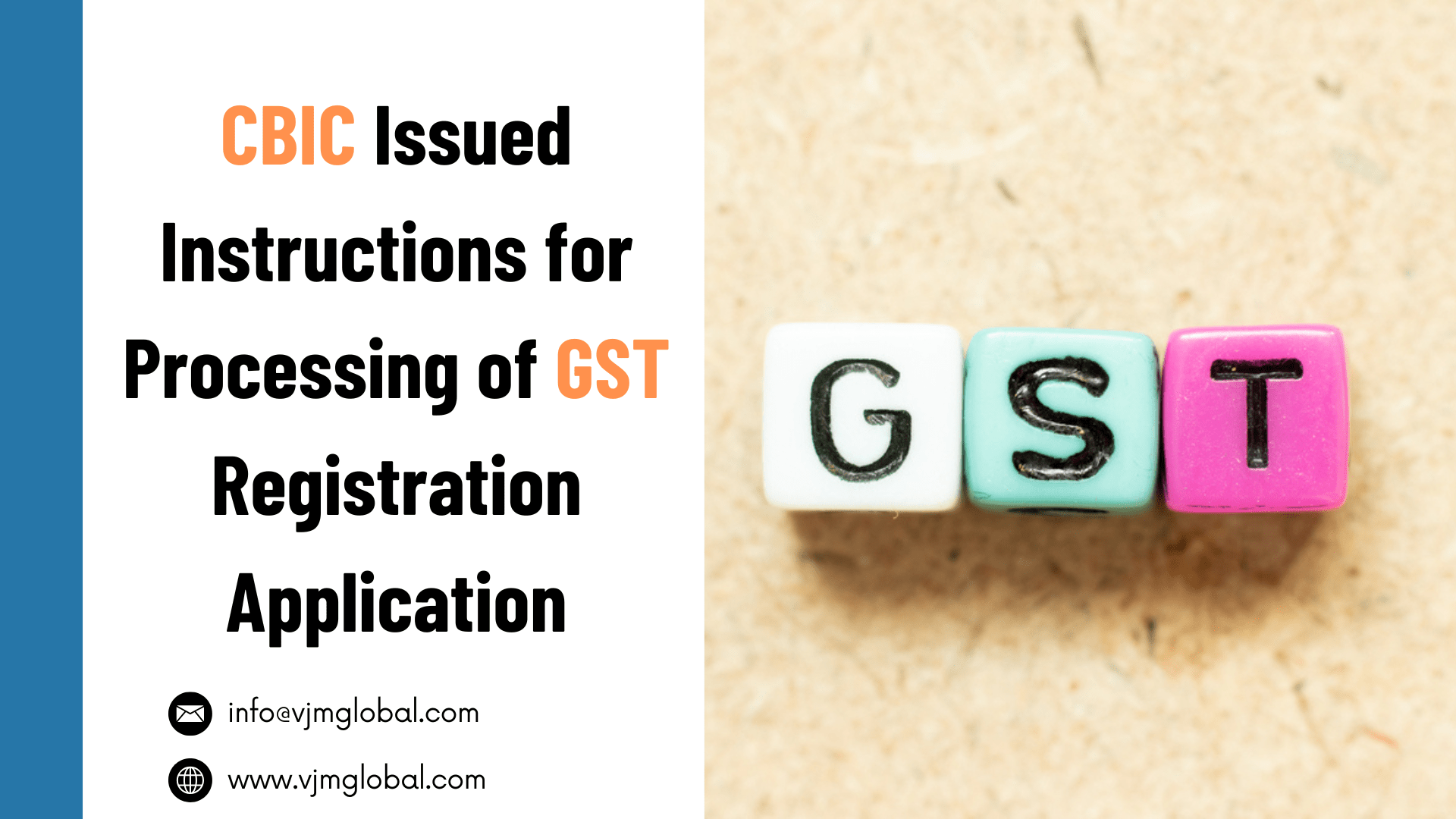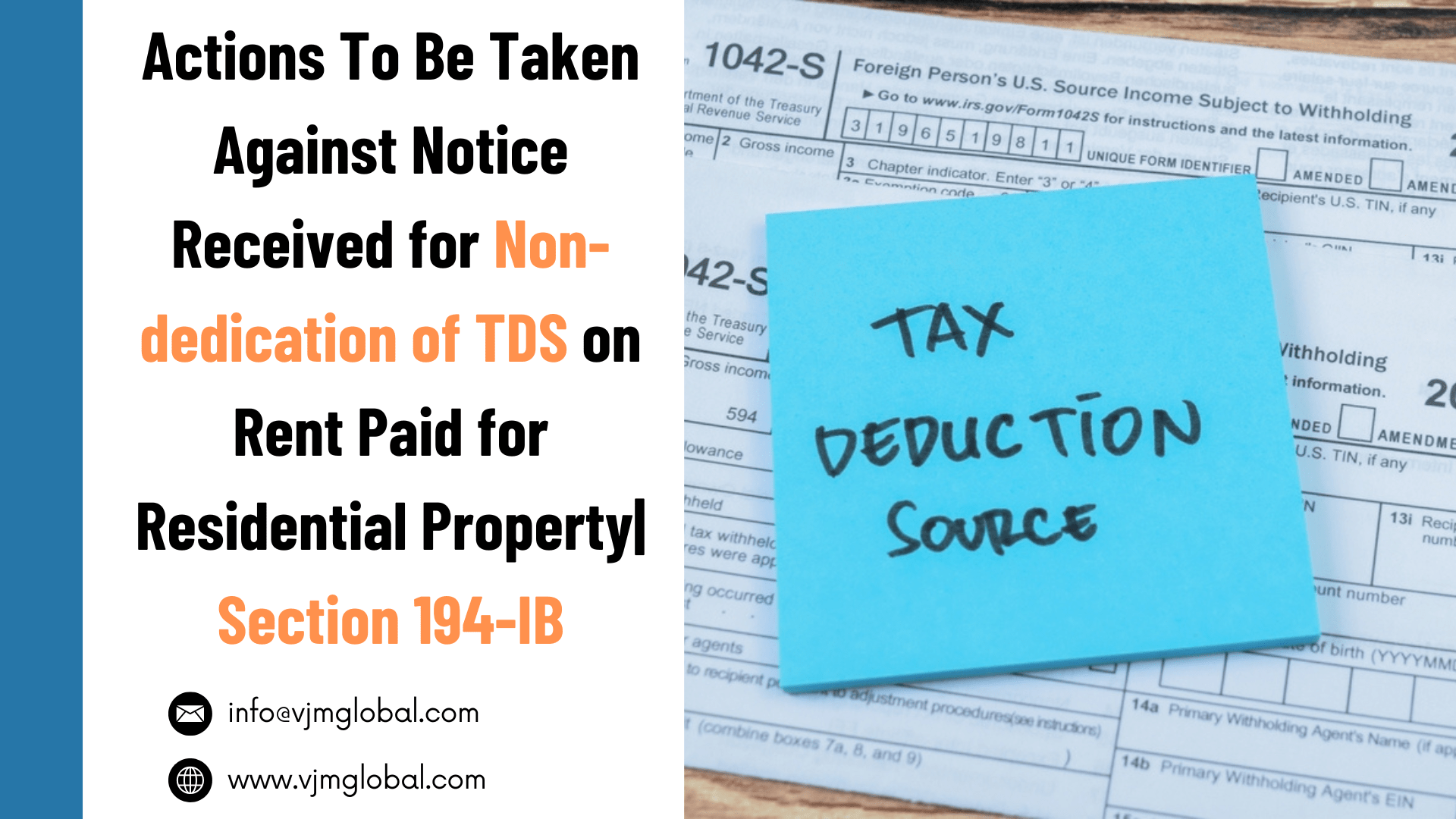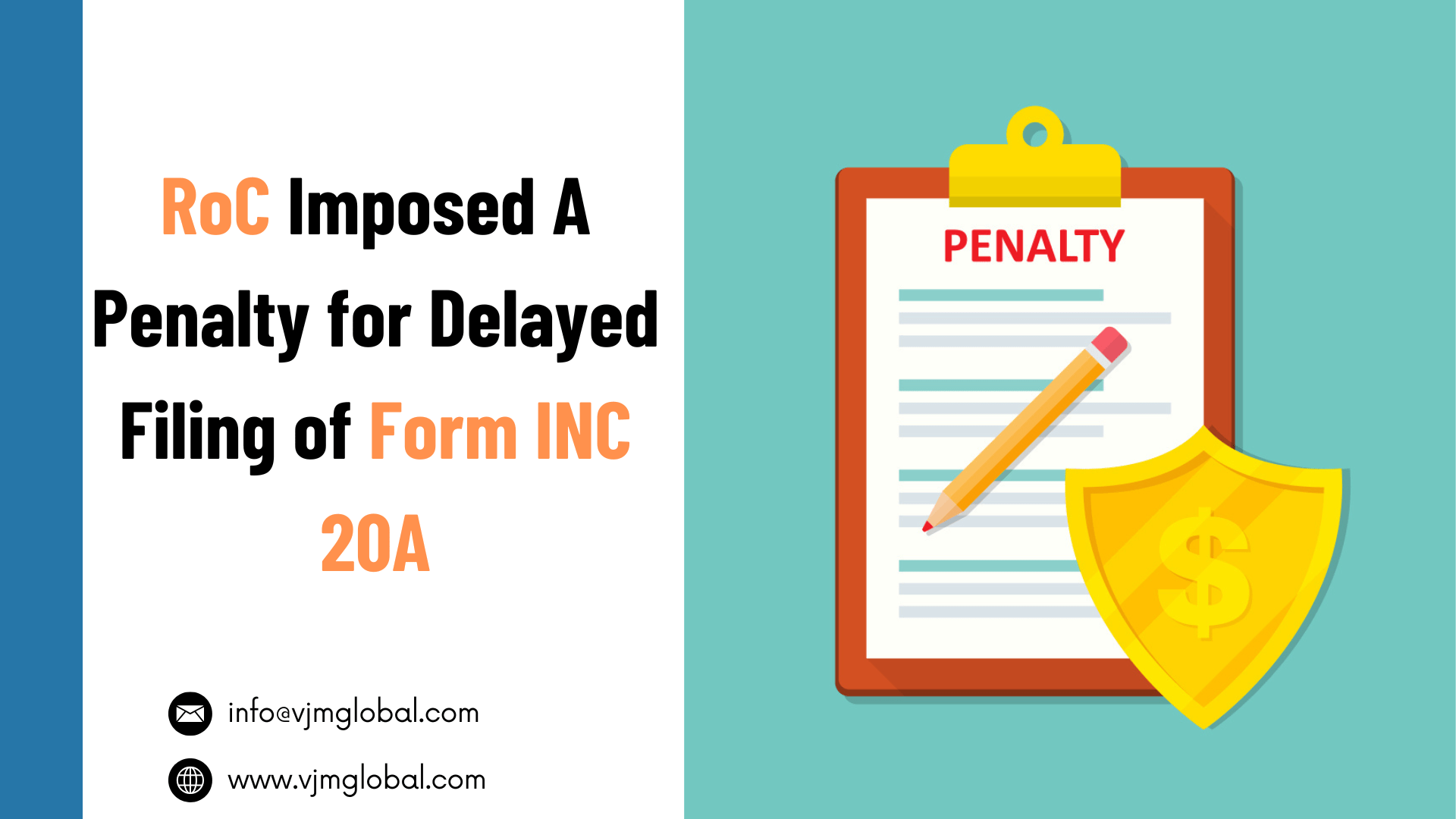In today’s date, Indian businesses are stepping out of the country to make substantial investments in the international market. These overseas direct investments or ODIs have presented a very healthy trend, but for one to participate in these transactions certain norms need to be satisfied.
1. What does “Overseas Direct Investment” transactions mean?
Overseas Direct Investment refers to the investments made in the Joint Ventures (JV) and Wholly Owned Subsidiaries (WOS) by way of:
– Subscription to the Memorandum of a foreign entity; or
– Purchase of existing shares of foreign entity either by market purchase or private placement or through stock exchange
Overseas investments in JV or WOS have been recognised as important avenues for promoting global reach of Indian entrepreneurs.
The transactions on account of Overseas Direct Investments are governed by clause (a) of Section 6(3) of the Foreign Exchange Management Act, 1999 read with Foreign Exchange Management (Transfer or Issue of Any Foreign Security) Regulations, notified vide Notification No. FEMA.120/RB-2004 dated July 7, 2004.
2. What are the routes for Direct Investment Outside India?
- Automatic Route- Without the approval of the RBI.
- Approval Route- Subject to the approval of the RBI.
3. General prohibitions on making ODI
As per the directions laid down under FEMA Regulations, any Indian entity may, subject to the approval of Reserve Bank, make an investment/financial commitment in foreign entities that are engaged in the below mentioned sectors:
- Real Estate;
- Banking Businesses.
Real estate, as defined in Notification No. FEMA 120/RB-2004 dated July 7, 2004, and banking business are the prohibited sectors for overseas direct investment.
However, Indian banks operating in India can set up JVs/WOSs abroad provided they obtain clearance under the Banking Regulation Act, 1949, from the Department of Banking Regulation (DBR), CO, RBI.
NOTE: Here, Real Estate means the dealing in the real estate or Transferable Development Rights (TDR). However above restriction shall not be applicable to:
- Development of the Townships;
- Construction of the residential/commercial premises, roads and bridges.
4. Manner of purchase and Acquisition of securities under ODI
- Investment made out of the funds held in the Resident Foreign Currency (RFC) Account;
- Holding bonus issue pursuant to the investment made in foreign currency shares;
- Investment made by the person who is not permanently resident in India out of their foreign currency resources outside India;
- Acquisition of the foreign securities by a person resident in India as a gift from any person resident outside India;
- Acquisition of shares by the person resident in India under cashless Employees Stock Option Programme (ESOP) issued by a company outside India, subject to the condition that such acquisition does not involve any remittance from India;
- Acquisition of shares by way of inheritance by any person resident in India from a person whether resident in or outside India;
- Acquisition equity shares by a person resident in India offered by a foreign company under its ESOP scheme, subject to the certain conditions as specified.
- Acquisition of shares by any resident if such acquisition represents;
- Qualification Shares for becoming director of a company outside India to the extent prescribed as per the law of the host country where the company is located provided it does not exceed the limit prescribed for the resident individuals under the Liberalized Remittance Scheme (LRS) in force at the time of acquisition;
- Part/full consideration of professional services rendered to the foreign company or in lieu of Director’s remuneration. The limit of acquiring such shares in terms of value is restricted to the overall ceiling prescribed for the resident individuals under the Liberalized Remittance Scheme (LRS) in force at the time of acquisition;
- Rights Issue (Provided that the original shares were issued in accordance with the provisions of the FEMA Regulations);
- Purchase of the shares of a JV/WOS abroad of the India Promoter Company by the employees/directors of the Indian Promoter Company (Subject to certain conditions);
- Purchase of the foreign securities under ADR/GDR linked stock option schemes by the resident employees of the India Companies;
- Repurchase of the shares issued to the resident in India by a Foreign Company under the ESOP Scheme;
- Eligible company’s residents outside India may issue Indian Depository Receipts (IDRs) through a Domestic Depository. The permission has been granted subject to compliance with the Companies (Issue of Depository Receipts) Rules, 2004 and subsequent amendments made thereto and the SEBI (DIP) Guidelines, 2000, as amended from time to time. In case of raising of funds through issuance of IDRs by financial/banking companies having presence in India, either through a branch or subsidiary, the approval of the sectoral regulator(s) should be obtained before the issuance of IDRs;
- Maintenance of collateral by FIIs for transactions in derivative segment- opening of demat accounts by Clearing Corporations and Clearing Members with foreign depositories and to hold, acquire, pledge and transfer the foreign sovereign securities, offered collateral by FIIs;
5. What are the sources of funding?
Funding for overseas direct investment can be made by one or more of the following sources:
- Market Purchase
- Drawl of Foreign Exchange
- Swap of Shares
- Capitalization of exports and other dues and entitlements – Proceeds of ECB / FCCB
- In exchange of ADRs / GDRs issued
- Balances held in EEFC Account
- Proceeds of ADR / GDR issue
For any capitalization of exports, along with Form ODI, a custom certified copy of the invoice raised towards the export has to be submitted to RBI.
6. Reporting requirements for Overseas Direct Investments
6.1 At time of Initial Investment:
- Part I of the Form ODI has to be filed by an Indian Party within 30 days of Investment with the designated Branch of Authorized Dealer Bank along with the following annexures:
- Certified Copy of Board Resolution approving the Investment Outside India.
- Remittances Proofs i.e. Bank Documents of payments.
- Statutory Auditors Certificate.
- Form A2 (It is submitted to Banks at the time of remittance Outside India).
- Valuation report for the value of shares.
- After receiving the aforesaid documents, AD Bank shall verify all the Documents and forward the same to the Reserve Bank of India. Later, RBI allots a Unique Identification Number (UIN) for that particular JV/WOS.
- It is important to note that before submitting Part I of ODI, ensure that all APRs due on the Company have been filed.
6.2 At time of Subsequent Investment:
Report to the Authorized Dealer Bank by Submitting the Part I of the Form ODI within 30 days of Investment along with all documents as prescribed above.
7. Post Investment Obligations of Indian Party
Here, an ¨Indian Party¨ refers to a company incorporated in India or a body, that is created under an Act of the Parliament or a partnership firm registered under the Indian Partnership Act, 1932, or a Limited Liability Partnership (LLP) that is registered under the Limited Liability Partnership Act, 2008, making an investment in a JV/WOS abroad. Furthermore, it also includes any other entity in India as may be notified by the Reserve Bank.
Post Investment, an Indian party is meant to following the obligations mentioned below:
- Receive Share Certificates/Other Documentary Evidence: An Indian Party shall Receive share certificates/ any other documentary evidence of investment in the overseas JV / WOS and submit the same to the designated AD within 6 months.
- Repatriation of Dues: Repatriate to India all dues receivable from the overseas JV/WOS, like dividend, royalty, technical fees etc within 60 days of its falling due, or such further period as the Reserve Bank may permit.
- Submission of Annual Performance Report (APR): Submission of APR in Part II of Form ODI in respect of each JV/WOS outside India set up or acquired by the Indian party by 31 December every year.
- Repatriation of Sale Proceeds in case of Disinvestment: On disinvestment, repatriate the sale proceeds immediately or not later than 90 days from the date of sale of the shares/securities.
- Submission of Return on Foreign Liabilities and Assets (FLA): File Foreign Liabilities and Assets (FLA) return every year by 15 July.
8. Disinvestment by an Indian Party
An Indian party may disinvest from its JV/WOS abroad by way of transfer/sale of equity shares, liquidation of JV/WOS abroad, or by amalgamation/merger of the JV/WOS abroad.
There are 2 modes of disinvestment:
- With write off, or
- Without write off
8.1 Disinvest With Write Off
Indian Party may disinvest with write off under the automatic route subject to the following:
- Where the JV / WOS is listed in the overseas stock exchange;
- Where the Indian Party is listed on a stock exchange in India and has a net worth of not less than Rs.100 crore;
- Where the Indian Party is an unlisted company and the investment in the overseas JV / WOS does not exceed USD 10 million; and
- Where the Indian Party is a listed company with net worth of less than 100 crore but investment in an overseas JV/WOS does not exceed USD 10 million.
It is important to note that all other conditions as applicable in disinvestment without write off shall mutatis mutandis apply for disinvestment with write off.
8.2 Disinvest Without Write Off
An Indian Party may disinvest without write off under the automatic route subject to the following:
- The sale is effected through a stock exchange where the shares of the overseas JV/WOS are listed.
- If the shares are not listed on the stock exchange and the shares are disinvested by a private arrangement, the share price is not less than the value certified by a Chartered Accountant / Certified Public Accountant as the fair value of the shares based on the latest audited financial statements of the JV/WOS.
- The Indian Party does not have any outstanding dues by way of dividend, technical know-how fees, royalty, consultancy, commission or other entitlements and / or export proceeds from the JV/WOS.
- The overseas concern has been in operation for at least one full year and the Annual Performance Report together with the audited accounts for that year has been submitted to the Reserve Bank.
- The Indian party is not under investigation by CBI/DoE/SEBI/IRDA or any other regulatory authority in India.
- Other terms and conditions prescribed under ODI Regulations.













